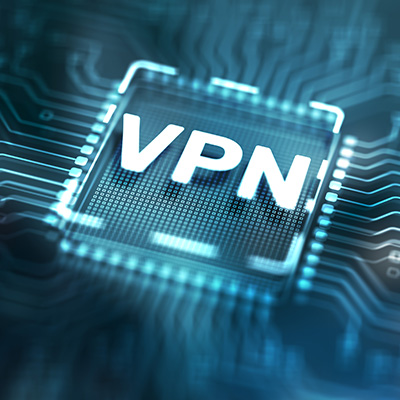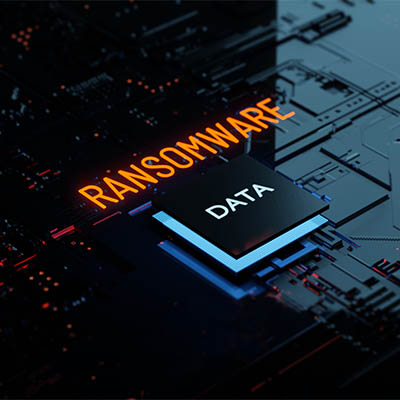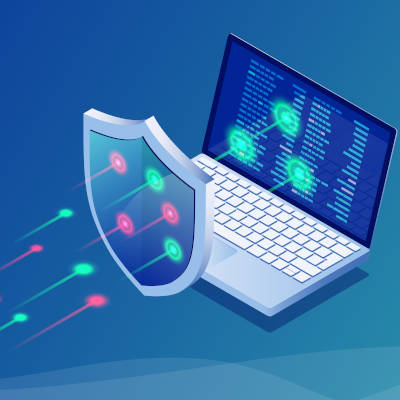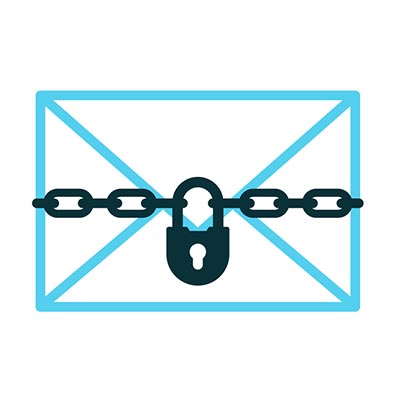Encryption has become one of the most dynamic cybersecurity tools available for individuals and organizations. In today’s blog, we will define encryption and how it helps professionals thwart potential cyberattacks.
Nowadays, data security, especially on files that are attractive to hackers, has to be a priority. Many businesses have deployed a Virtual Private Network (VPN) to help them improve their data security. If you haven’t, understanding the myriad of benefits that businesses get from deploying a VPN will put in perspective just how useful the VPN can be.
Protecting your organization’s data is a major focus of businesses these days, especially as threats grow more powerful and they better learn to penetrate the countless safeguards put into place. Let’s go over how encryption can help you cover all your bases—especially if hackers do manage to get through your security precautions.
The Kaseya ransomware attack targeting VSA servers for approximately 1,500 organizations was another notable attack in a recent string of high-profile ransomware attacks, and while most organizations did what most security professionals recommend and did not pay the ransom, others did not listen. Now those who did pay the ransom are having trouble decrypting their data, and REvil is nowhere to be found to help them in this effort.
Today’s business has to prioritize its data security. There are endless examples of businesses that haven’t done enough. Some aren’t around anymore. To help you build a strategy, we’ve put together four questions that need to be asked to give you a chance to outwit and overcome the endless threats your company could run into online.
You hear about encryption being used all the time, almost to the point of it being synonymous with security, but what does it really mean to have encryption on your business’ data and devices? We’ll walk you through how encryption can help you in your day-to-day struggle to secure the integrity of your organization’s communication and infrastructure.






